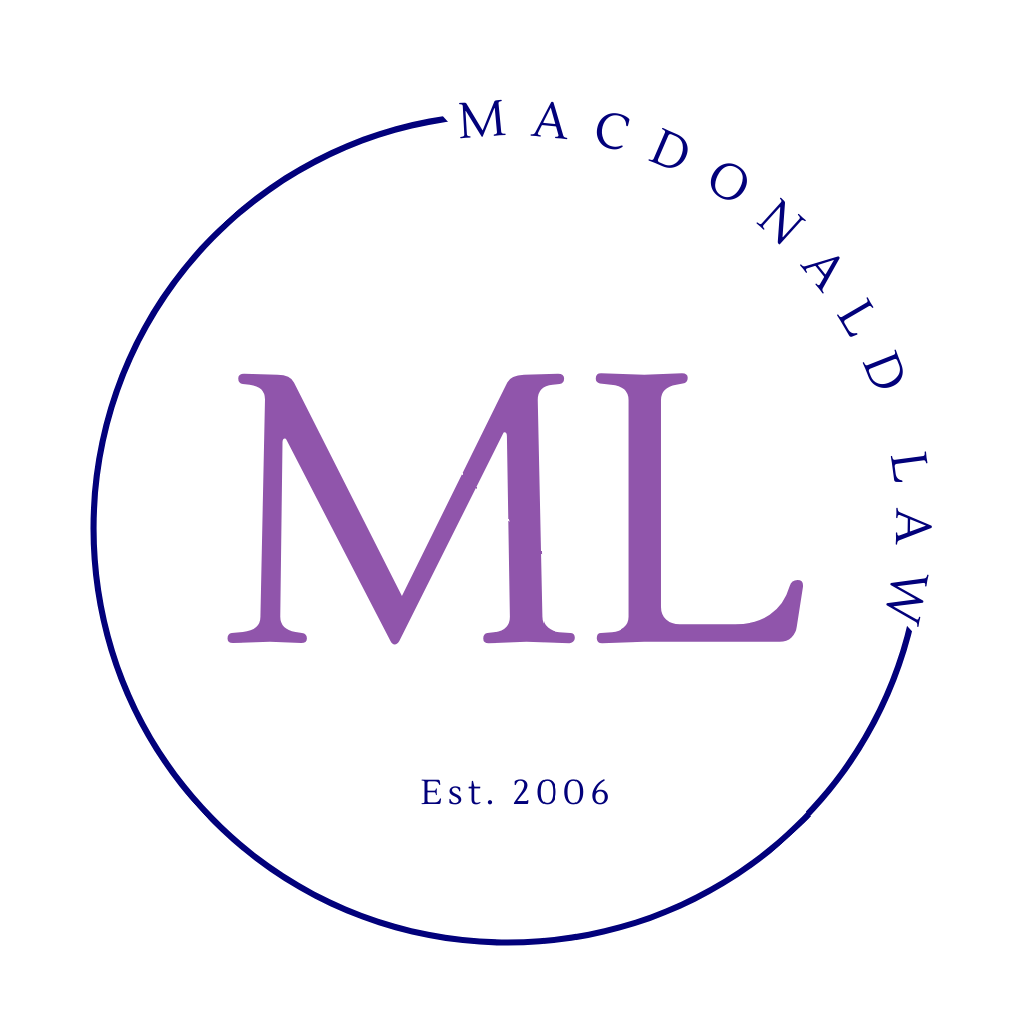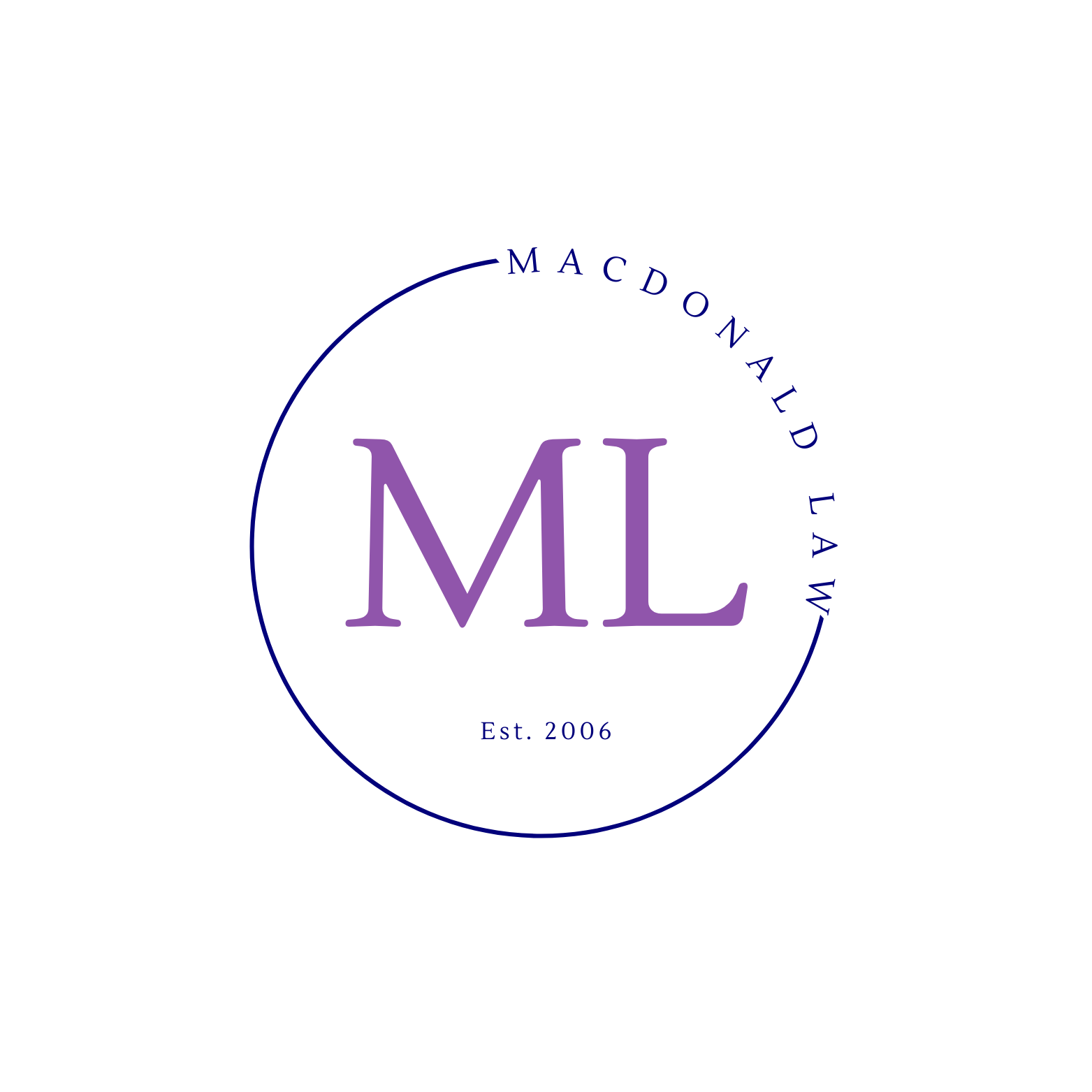Family Law Property Settlement
Family law property settlement is a process undertaken by two people who are or were in a relationship. It is the formalisation of the division of property so as to end the financial relationship between the two of you. The Family Law Act governs the step process and explains how you can go about the formal property settlement process. Our Family Law Team brings knowledge, empathy, discretion and common sense to your property settlement process. Regardless of whether your situation involves complex assets or liabilities, corporate interests, trusts, rural enterprises, our team are experienced and able to assist you.
Representation you can trust
Our dedicated team are based in both our Brisbane and Toowoomba office. Our family lawyers can provide you with Brisbane family law advice, or Toowoomba family lawyers. We want to support you and your family as you transition through separation, including the finalisation of your property matters. Our team are lawyers you can trust.
In fact, our team are trusted by clients all over Australia to assist with their family law matters, despite our base being in South East Queensland. Don't just google search "family lawyer near me" and choose on the basis of geographical location.
We have found that our refreshingly unique approach to assertive but consistent legal processes have been welcomed in other States and Territories, and have driven our team to service a wider area. For instance, we regularly appear in the Federal Circuit and Family Court of Australia in Brisbane, Sydney, Parramatta, New Castle, Lismore, Tamworth, Armidale, Hobart, Launceston, Cairns, Toowoomba, Canberra and the list goes on.
Experienced legal advice
Our family law team have a combined total of more than 20 years' experience in the family law system. Our family law team are able to quickly identify the relevant issues which are specific to your situation and to set out a bespoke plan to tackle both the big and small problems during your divorce or de facto separation.
Our team are holistic in their approach, ensuring that you feel supported and heard during the process.
Led by an Accredited Family Law Specialist, Sarah-Jane MacDonald, we are able to ensure that your property settlement interests are robustly represented. You will receive expert advice to assist you to navigate this difficult time.
Sarah-Jane has led the Family Law Team at MacDonald Law for more than 7 years and has ensure that hundreds of people are able to navigate the separation of their financial affairs robustly and with dignity.
Our team would be honoured to assist you.
What else is often included in a divorce property settlement?
The division of property between two spouses isn't the only matter which may need to be agreed upon or decided. These matters can also include spousal maintenance applications, parenting matters, child support, or a formal application for Divorce.
Spousal maintenance applications
Many people are not aware that the responsibility to assist or maintain your spouse does not necessarily cease when you separate. The Family Law Act 1975 sets out a requirement for a spouse to assist their former partner financially if they cannot meet their former partner cannot meet their own financial obligations, including living expenses, from their own income or assets. In essence, there must be one person from a previous relationship who has a need, and the other former partner who has capacity to pay.
As a general rule, this arises where former spouses have a significant difference in their income. In assessing your income disparity, it is important to note that Centrelink income or pensions are not included as income for the purposes of a spousal maintenance application.
It is also important to note that spousal maintenance can be ordered to be paid by former spouses to a de facto relationship, as well as from a marriage.
Superannuation
As part of your divorce property settlement, you and your former spouse are able to agree for superannuation to be divided. If you cannot agree, then the Court can order that the superannuation of each of you be divided. If such an order or agreement is reached, then this is called a superannuation split.
In order for a superannuation split to be binding, there are a number of steps to be undertaken. One of the major steps is to ensure that the superannuation value is properly determined. For defined benefit superannuation, this can include obtaining a formal valuation.
Additionally, for it to be binding on the Trustee of the Superannuation Fund, the Trustee needs to be served with a copy and have the opportunity to object to the terms if they so wish. This process is called procedural fairness.
Need help in another family law area?
Child Support Matters
Learn more about child support so that you are equipped for the future
Our Family Law Team
Sarah-Jane MacDonald
LLB, Grad. Dip. (Leg. Prac.) AccS(Fam)
Legal Practitioner Director
Accredited Family Law Specialist
Parenting Coordinator








